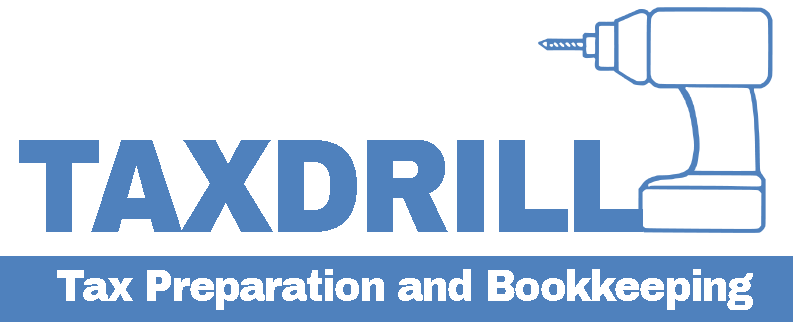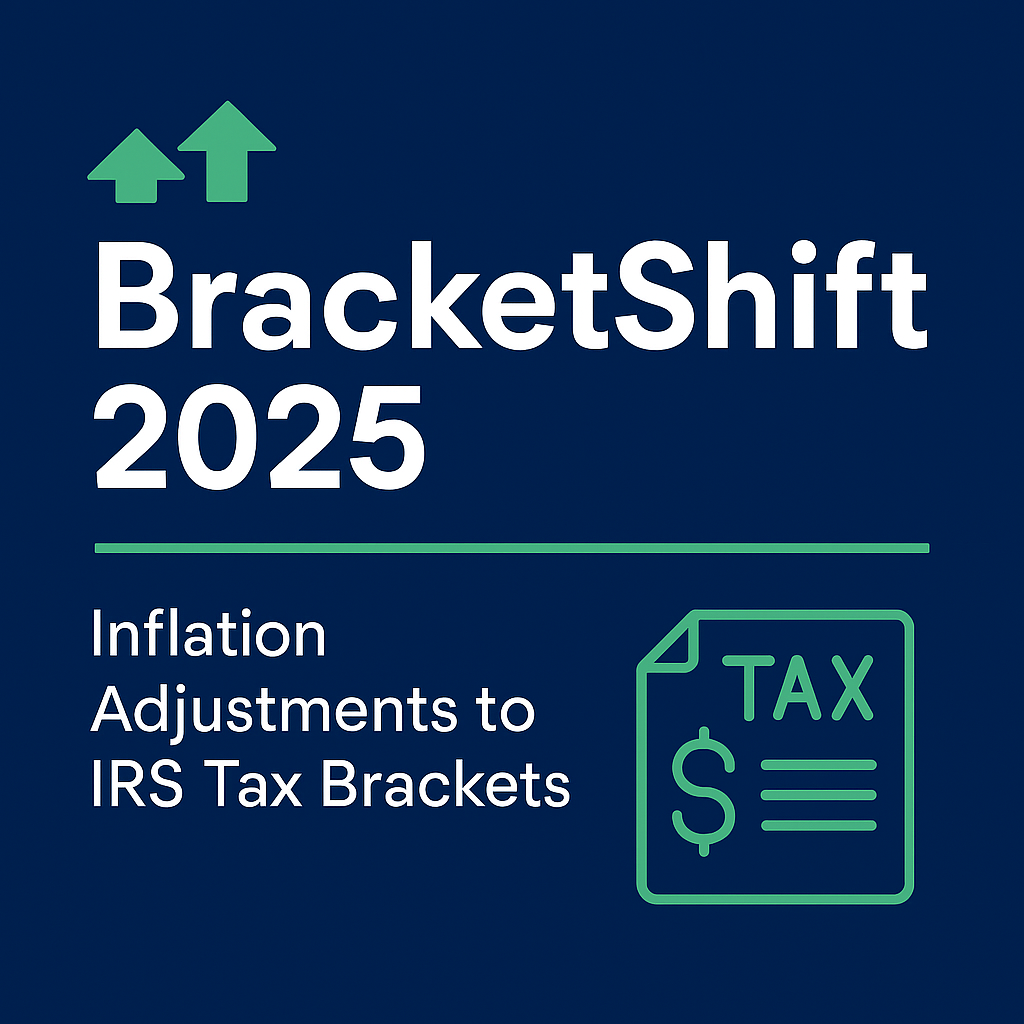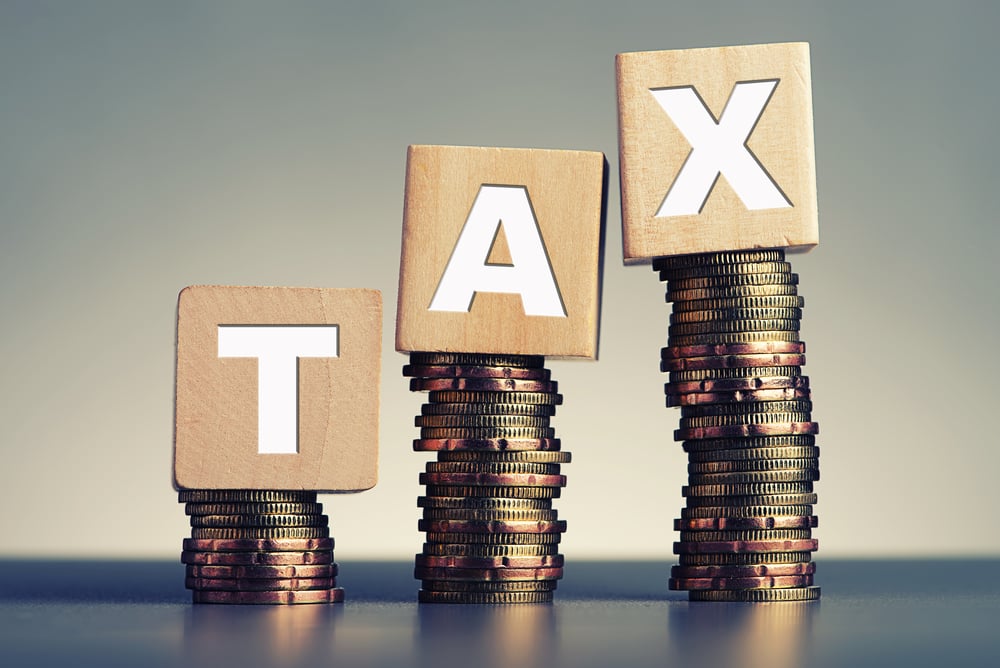New Tax Bill (2025)
Did you receive any tips?
Tax Deductions
Vehicle Purchase Agreement & Cryptocurrency Payment Record
Focused analysis of your 2024 expense list.
The total spend from this list comes to $407,827.10. I’ve grouped the items into strategic categories to help assess allocation and impact.
Tax Prep Flows – 2025 Filing Season
Tax Prep Flows – 2025 Filing Season
IRS federal income tax brackets for the 2025 tax year (returns filed in 2026)
These adjustments are designed to offset inflation and prevent “bracket creep,” where rising wages push taxpayers into higher brackets without increasing real purchasing power.
The Heavy Vehicle Loophole: Maximizing First-Year Write-Offs
The ability to write off the entire amount of a car purchased for a business in the first year depends heavily on the vehicle’s Gross Vehicle Weight Rating (GVWR) and whether you use depreciation (specifically Section 179 and Bonus Depreciation) instead of the standard mileage rate.
QuickBooks 2025 Biweekly Payroll Calendar
Why Filing Taxes Early Is a Smart Move
Tax season may not be in full swing yet, but waiting until the last minute can cost you—literally. Whether you’re a real estate investor, business owner, or filing as an individual, early tax prep gives you the edge. It’s not just about checking a box—it’s about maximizing your return, minimizing stress, and staying in control.







